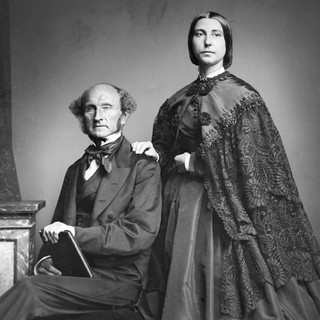Principles of Political Economy
with some of their Applications to Social Philosophy
"This work serves as a comprehensive textbook on the foundations of economic theory, exploring themes such as production, distribution, and the relationship between labor and capital. The focus of the book is on understanding the principles that govern economic activity and the factors that influence wealth creation within societies. The opening of this treatise outlines the preface and introductory remarks, setting the stage for the study of political economy. Mill’s approach emphasizes the historical evolution of economic thought and acknowledges previous economic theories while establishing his perspective. In the initial chapters, he introduces key concepts, such as the requisites of production—labor, natural resources, and capital—highlighting their interdependence and significance in fostering economic activity. Mill also begins to discuss the distinctions between different types of labor and the concept of capital, laying the groundwork for more in-depth analysis in the subsequent chapters. (This is an automatically generated summary from Project Gutenberg)
A shoutout to Harriet Taylor Mill
Harriet's contribution to this volume (and to John's work as a whole) is unclear and contested. Some argue she was a strategically unattributed co-author. Others argue that she was merely a vapid sounding board who coddled John's ego. And many land somewhere between the two extremes.1 Given the lack of surviving samples of her writing and the specter of misogyny that suppresses and devalues women's abilities, we probably will never know the true nature of her role in the creation of this book.
But, do you know what we do know for sure?
John Stuart Mill thought Harriet was a genius.2 He felt that his writings were not his alone, but instead they were the product of their shared mind. He insists that Harriet's ideas about ethics and society were what made him better than other economists of his time. And he loved how she eagerly learned from his ideas so they could expand their knowledge together. Now, I can't definitively say that she should be listed as an author here. But I can at least tell you John's feelings (and share this photo of the lovely couple)
- Learn more from the Stanford Encyclopedia of Philosophy 🔗
- Read John Stuart Mill's autobiography for free here 🔗


